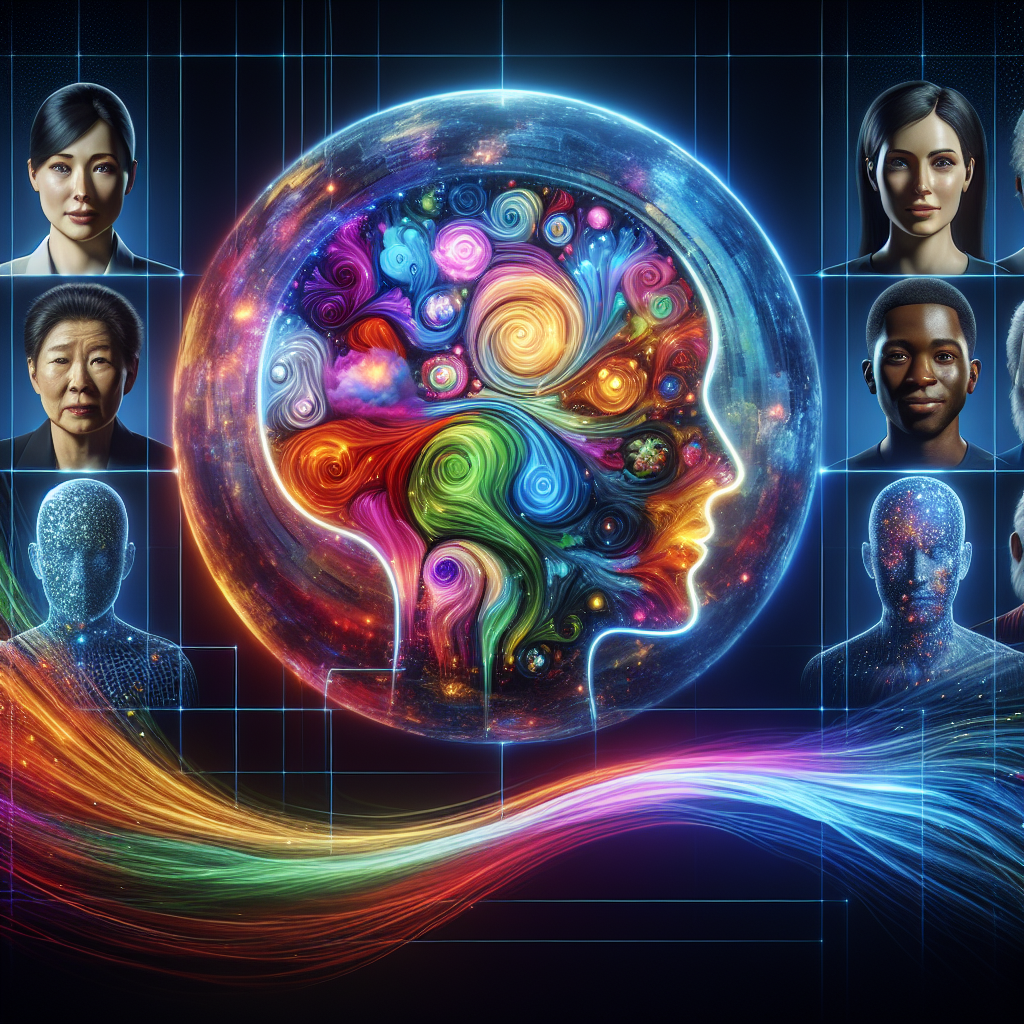Artificial Intelligence (AI) in education is transforming the sector by offering personalized learning experiences, automating administrative tasks, and providing insights into student performance. Here’s how:
- Personalized Learning: AI tailors learning materials to meet individual student needs, enhancing their learning experience.
- Efficiency in Administrative Tasks: Automates tasks like grading and attendance, freeing up time for teachers to focus on teaching. E.g. creating Moodle Questions with AI.
- Data-Driven Insights: Offers insights into student performance, helping educators identify areas for improvement.
- Engagement and Accessibility: Makes learning more engaging and accessible for all students, including those with special needs.
- Support for Teachers: Provides support tools for lesson planning and identifying student needs.
- Global Learning Opportunities: Facilitates global classrooms, connecting students from different parts of the world.
- Continuous Learning: Supports lifelong learning through accessible and flexible AI-driven courses.
- Innovative Teaching Methods: Introduces new teaching methodologies, integrating virtual and augmented reality into the classroom.
- Enhanced Collaboration: Promotes collaboration among students and teachers through AI-powered platforms.
- Future-Readiness: Prepares students for future careers by incorporating AI and technology skills into the curriculum.
Personalizing Learning Experiences with AI
AI’s capability to personalize learning experiences for students marks a significant shift in educational paradigms. Here’s a closer look:
- Adaptive Learning Platforms: Use AI to adjust the difficulty level of tasks based on student performance.
- Learning Pathways: Create individual learning paths that adapt to each student’s pace and style of learning.
- Engagement Monitoring: AI tools monitor student engagement and adjust content to keep them motivated.
- Feedback Mechanisms: Provide immediate, personalized feedback to students, enhancing their learning process.
- Interactive Learning Environments: Incorporate AI-driven simulations and games that adapt to learning needs.
- Content Customization: Automatically generates learning content tailored to student interests and needs.
- Assessment Adaptation: Adapts assessments to accurately measure each student’s understanding.
- Language Support: Offers multilingual support, breaking down language barriers in education.
- Accessibility Features: Utilizes AI to create accessible learning materials for students with disabilities.
- Predictive Analytics: Identifies potential learning difficulties and provides preemptive support.
Challenges and Limitations of AI in Education
Integrating AI into educational systems is not without its challenges and limitations. Here’s an overview:
- Data Privacy Concerns: The use of student data raises significant privacy and security issues.
- Ethical Considerations: Questions around bias in AI algorithms and their impact on learning.
- Technology Access: Disparities in access to technology can widen the educational divide.
- Teacher Training: The need for professional development to effectively integrate AI tools.
- Cost Implications: High costs associated with implementing AI technologies can be a barrier.
- Dependence on Technology: Over-reliance on AI could impact traditional teaching and learning practices.
- Student Interaction: Potential reduction in face-to-face interaction between students and teachers.
- Quality Control: Ensuring the quality and accuracy of AI-generated content and feedback.
- Cultural Relevance: Making AI content culturally relevant and inclusive for all students.
- Technical Challenges: Addressing technical issues and ensuring the reliability of AI systems.
Enhancing Teaching Methods and Curriculum with AI
AI technologies offer innovative ways to enhance teaching methods and curriculum development:
- Customized Curriculum: AI analyzes learning outcomes to help design curricula that meet diverse needs.
- Interactive Tools: Incorporates interactive AI tools, like virtual labs and simulations, into lessons.
- Real-Time Feedback: Provides teachers with real-time feedback on student engagement and understanding.
- Collaborative Learning: Facilitates collaborative projects using AI-powered tools for communication and research.
- Dynamic Resource Allocation: Optimizes resource allocation based on student needs and performance data.
- Professional Development: Offers AI-powered professional development tools for teachers.
- Creative Expression: Encourages creative expression through AI-driven music, art, and writing tools.
- Global Perspectives: Integrates global perspectives into the curriculum through AI-curated content.
- Learning Analytics: Utilizes learning analytics for informed teaching and curriculum adjustments.
- Future Skills: Prepares students for the future by integrating AI and computational thinking into the curriculum.
Supporting Educational Equity and Accessibility with AI
AI has the potential to support educational equity and accessibility in several key ways:
- Adaptive Learning for All: Provides adaptive learning experiences that cater to a wide range of learning abilities.
- Language Translation Services: Offers real-time language translation services, making content accessible to non-native speakers.
- Accessibility Features: Develops and implements accessibility features for students with disabilities.
- Geographical Inclusivity: Facilitates access to quality education for students in remote areas through online AI-driven platforms.
- Socioeconomic Barriers: Helps overcome socioeconomic barriers by offering free or low-cost educational resources.
- Cultural Inclusivity: Ensures cultural inclusivity in educational content with AI-driven customization.
- Bias Reduction: Aims to reduce bias in educational content and assessment through transparent AI algorithms.
- Mentorship Programs: Connects students with AI-driven mentorship and support programs.
- Lifelong Learning: Supports lifelong learning opportunities, making education accessible at any age.
- Digital Literacy: Promotes digital literacy, preparing students for a technology-driven world.





Leave a Reply